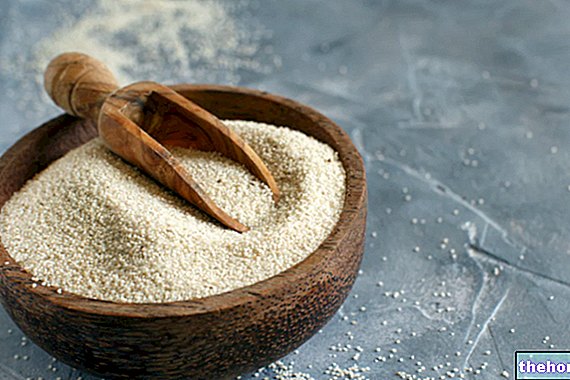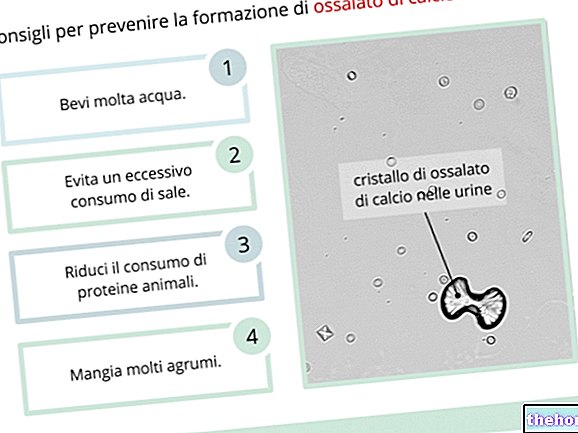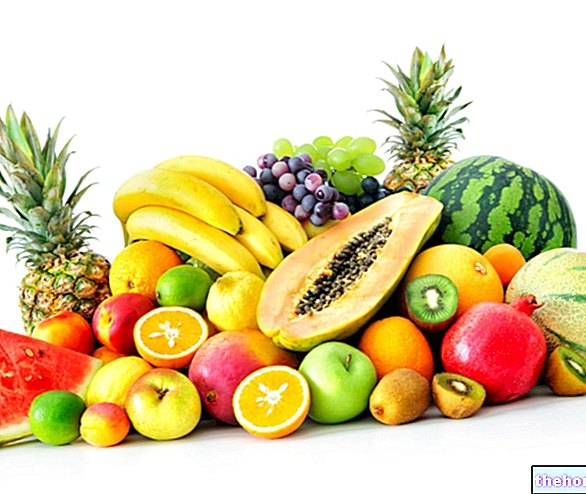By Sebastiano Sessa, nutrition consultant
I believe it is important to never eat to your fill, but rather to get up from the table with a slight feeling of appetite. Each bite must be chewed slowly and for a long time: the food is thus salivated and better digested. In fact, saliva contains an enzyme, ptyalin, which has the task of transforming cooked starch (pasta, bread) into easily assimilated maltose (sugar).

I hope that following these eating and nutritional habits will help you lead a healthy lifestyle.









.jpg)


















